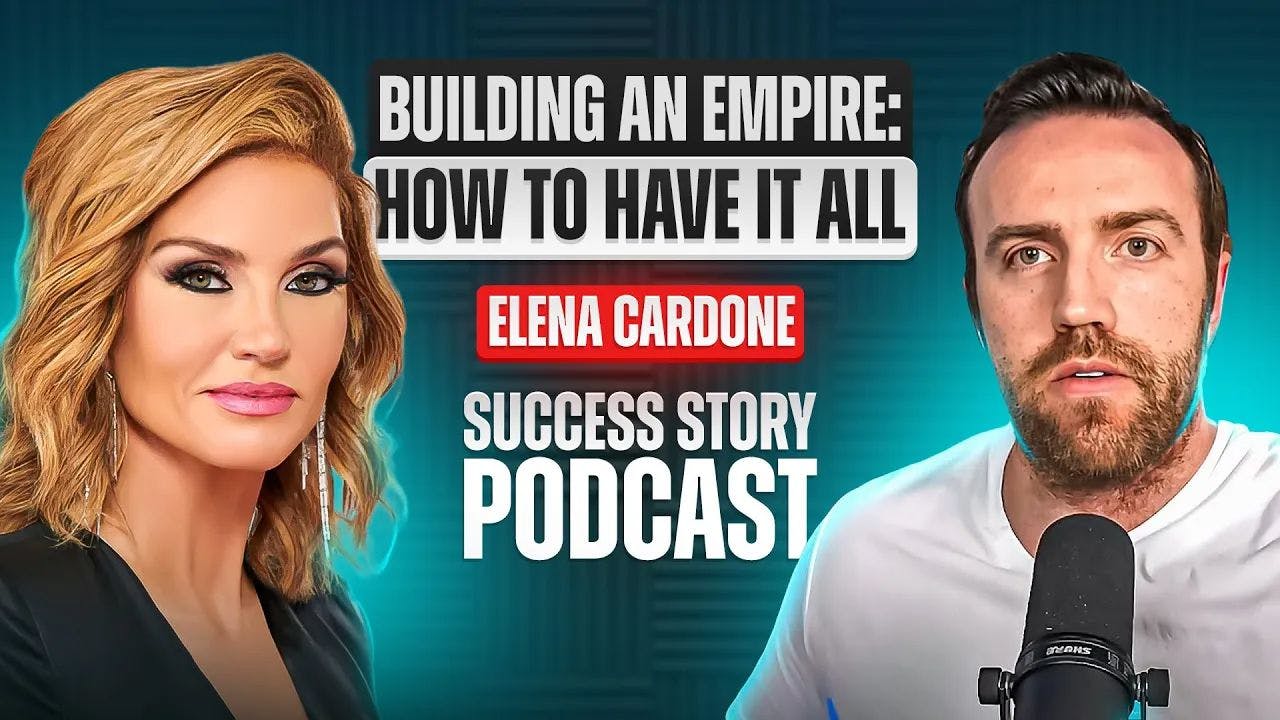206 reads
Defeating Imposter Syndrome: It's Time To Start Giving Yourself A Little More Credit
by
September 11th, 2023
Audio Presented by

Host of The Success Story Podcast. I write a newsletter to 321,000 people. newsletter.scottdclary.com
Story's Credibility





About Author
Host of The Success Story Podcast. I write a newsletter to 321,000 people. newsletter.scottdclary.com
